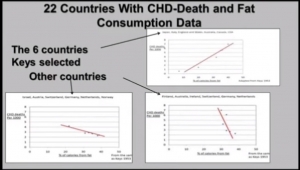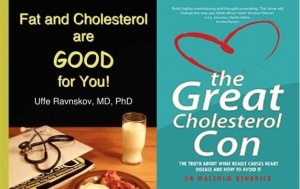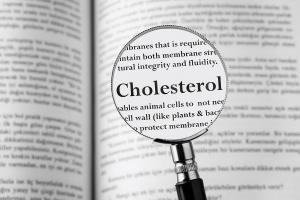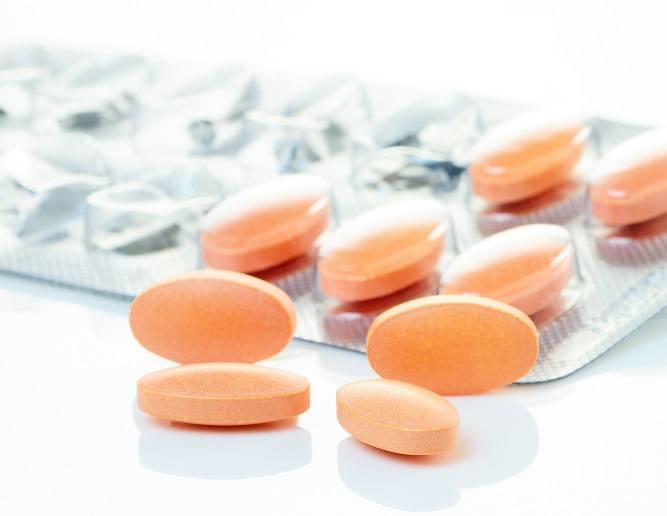Medical Promotion of Cholesterol-lowering Drugs Biased – Not Based on Scientific Evidence
A group of independent medical academics challenged a BMJ (British Medical Journal) 20 year follow-up study that claimed favorable results among those using statins as a preventative measure. It was known as the West of Scotland Coronary Prevention Study (WOSCOPS), and it was the first trial to demonstrate a significant reduction in cardiovascular events with statin therapy for primary prevention. The critical report challenging the BMJ’s statin-promotion based on the WOSCOPS study was published recently, October of 2017. The challenging trio of medical scientists, led by independent researcher Uffe Ravnskov MD, PhD, author of The Cholesterol Myth and Fat and Cholesterol are Good for You, parsed and picked at the study to show it is flawed. They concluded: "The study has serious bias. Many patients stop taking statins. In a study of over 140 000 elderly people, two thirds of those with cardiovascular disease (and even more of those without) had stopped treatment after two years. The question is, therefore, whether the mortality benefit among those with the highest LDL cholesterol is due to statin treatment or to their high LDL cholesterol. The question is relevant because a recent systematic review of 19 cohort studies including 68 094 elderly people (≥60 years) followed for several years found an inverse association between all cause mortality and LDL cholesterol in 92% of participants. In the largest study those with the highest LDL cholesterol lived longer than those taking statins."







